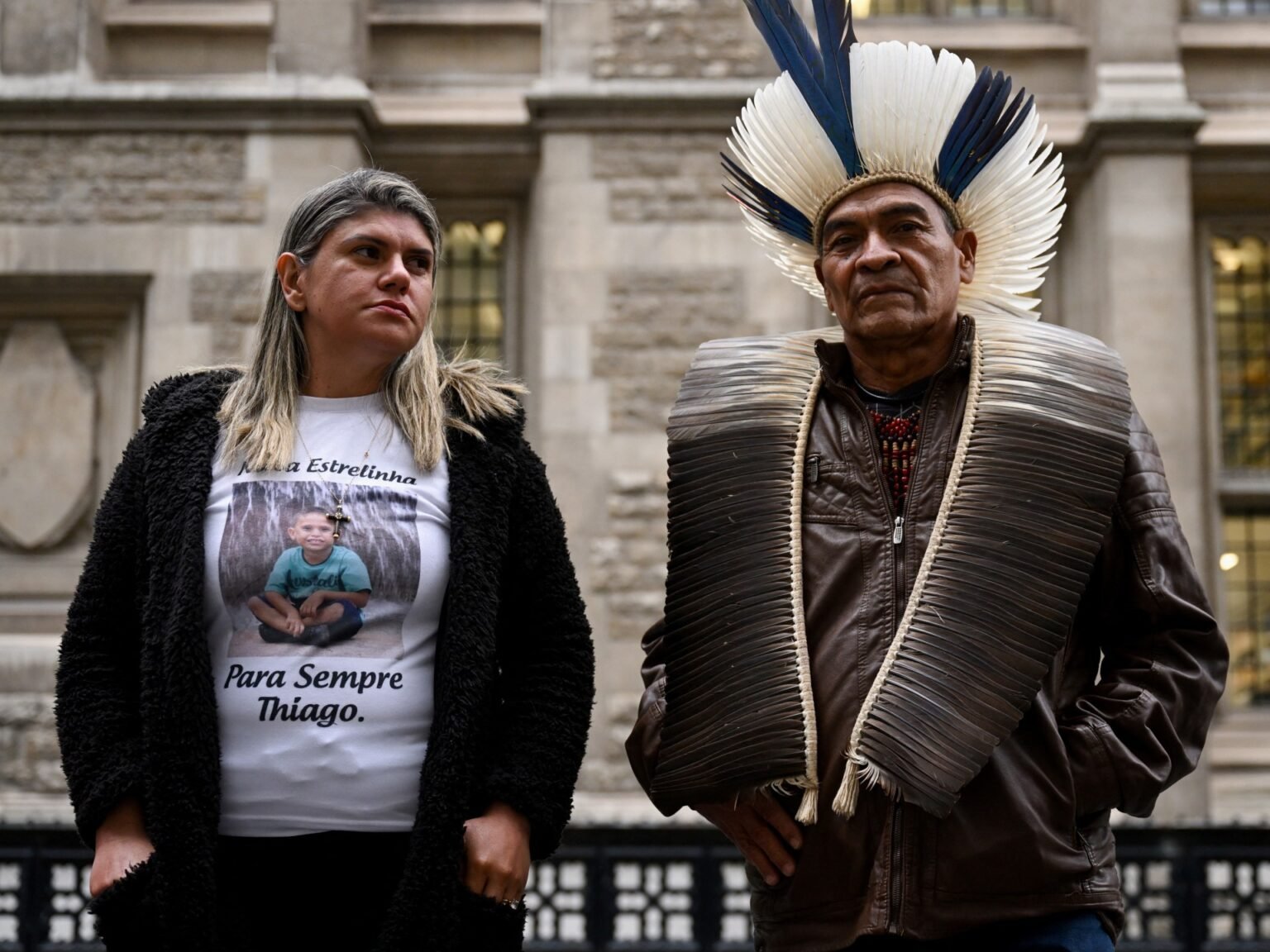The article discusses a class-action lawsuit against global mining giant BHP over Brazil’s worst environmental disaster in 2015. The incident occurred when the Mariana dam collapsed, releasing toxic iron ore sludge into the Rio Doce in southeastern Brazil. The waste contaminated the river water and devastated the ecosystem, causing significant damage to the nearby village of Bento Rodrigues. The lawsuit seeks approximately $47bn in damages, making it the largest environmental payout ever.
The Mariana dam, operated by Brazilian mining company Samarco in which BHP is a shareholder, stored nearly 50 million cubic meters of iron ore sludge before its collapse. The toxic sludge washed away the Bento Rodrigues village, leaving it in ruins. The ecosystem, including fisheries and forests, was severely impacted, and Indigenous communities were left without clean drinking water. The toxic waste traveled as far as the Atlantic Ocean, affecting a significant portion of the Doce River.
The lawsuit filed by more than 600,000 individuals demands adequate damages from BHP for the victims affected by the disaster. Internal documents from Samarco revealed that the company was aware of the risks associated with a potential dam collapse prior to the incident. BHP, which owns 50% of Samarco, is accused of being a polluter and is under scrutiny for its involvement in the disaster. The lawsuit represents a large group of victims impacted by the environmental catastrophe.
BHP and Vale had negotiated a settlement with Brazilian authorities following the disaster and established the Renova Foundation for reparations. Over $7.9bn has already been paid, and additional payments are expected to continue over the next two decades. The lawsuit was filed in a London court to seek adequate compensation as Brazil courts take a long time to reach decisions, and there were concerns that the victims would not receive proper redress for the damages incurred.
A timeline of the legal case shows the progression of the lawsuit, including initial filings in 2018, postponements due to COVID-19 in 2020, and challenges in the Court of Appeals in 2021. The appeals court eventually ruled in favor of granting permission to appeal, citing concerns about inadequate compensation provided in Brazil. The trial began in October 2024 after facing multiple delays, with the court rejecting BHP’s request for further postponement. The case has garnered significant attention for its implications on environmental accountability and corporate responsibility.

